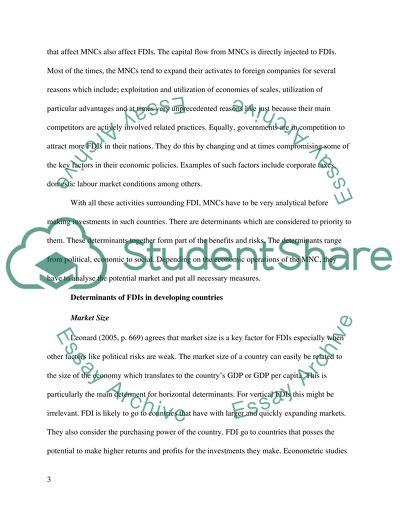Cite this document
(“Foreign Direct Investment for Developing Countries Essay”, n.d.)
Foreign Direct Investment for Developing Countries Essay. Retrieved from https://studentshare.org/macro-microeconomics/1685472-foreign-direct-investment-for-developing-countries
Foreign Direct Investment for Developing Countries Essay. Retrieved from https://studentshare.org/macro-microeconomics/1685472-foreign-direct-investment-for-developing-countries
(Foreign Direct Investment for Developing Countries Essay)
Foreign Direct Investment for Developing Countries Essay. https://studentshare.org/macro-microeconomics/1685472-foreign-direct-investment-for-developing-countries.
Foreign Direct Investment for Developing Countries Essay. https://studentshare.org/macro-microeconomics/1685472-foreign-direct-investment-for-developing-countries.
“Foreign Direct Investment for Developing Countries Essay”, n.d. https://studentshare.org/macro-microeconomics/1685472-foreign-direct-investment-for-developing-countries.


